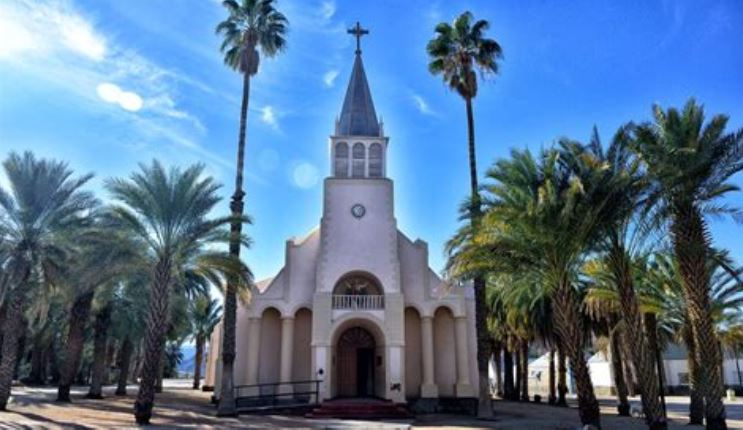
Advertisement
Lockdown restrictions have been a hot topic of debate in recent months in America, but there’s one aspect that has been particularly controversial: whether or not religious services should be exempt from social distancing and lockdown rules. Now President Trump has weighed in, declaring churches to be “essential” and saying that he will simply “overrule” any governors who won’t open them up immediately.
Trump stated: “Some governors have deemed liquor stores and abortion clinics as essential, but have left out churches and other houses of worship. It’s not right. So I’m correcting this injustice and calling houses of worship essential.”
He added: “In America, we need more prayer, not less.”
Although his words were strong, aides have sent conflicting messages on just how far the administration really plans to go when it comes to enforcing church reopenings.
Legal experts have weighed in, saying that the President doesn’t have much authority when it comes to changing state orders regarding coronavirus. University of Texas Law Professor Steve Vladeck tweeted that the president doesn’t have the authority to “override local and state shelter-in-place orders either in general or as applied to houses of worship in particular,” USA Today reported.
Even White House Press Secretary Kayleigh McEnany said that it’s something that is up to each state’s governor shortly after the speech.
Vice President Mike Pence supports remote church services, saying prior to Easter that he’d be attending virtual services for the holiday offered by his Indiana church from the living room of the vice president’s residence.
The CDC recently issued guidelines on reopening schools, restaurants and pools, but similar advice on reopening places of worship was placed on hold, and the AP reports that the Trump administration shelved the documents out of concerns over the federal government’s place when it comes to issuing guidelines for places of worship.
Is reopening churches so soon a good idea?
Some religious leaders believe it’s better to take a cautious approach when it comes to the deadly virus. For example, the presiding bishop of the Evangelical Lutheran Church in America, Reverend Elizabeth Eaton, told CNN: “Protecting others is a faithful response.”
Large gatherings have been linked to many coronavirus clusters in recent months, and those in places of worship are no exception. Two northern California churches were recently linked to outbreaks, while a Texas church canceled masses following the death of one priest from coronavirus and positive tests for five others at the church.
In one recent case in Arkansas, coronavirus spread through a rural church. Of 92 attendees, 35 ended up developing confirmed cases of coronavirus and three of them died, while another 26 cases that were linked to the church were identified in the community.
Governor Gavin Newsom recently gave places of worship the green light to reopen, but not all of them are ready to put their congregations at risk. Thankfully, there’s a happy medium here that means no one has to choose between church services and putting their health at risk: online church services. Many churches have been turning to virtual services to keep everyone safe. One Methodist reverend reports that online participation is higher than what they used to see at in-person Sunday services, and it also allows people who have moved away from an area to stay connected. It also allows distant family members to worship together.
Some churches have also been holding services in parking lots, allowing people to worship from the safety of their cars. In some places, loudspeakers are being used to deliver the message, while others are emitting the services over the radio. These alternatives are a far safer way for people to worship as the world continues to fight this deadly pandemic.
Sources for this article include:
Advertisement
Advertisements
















